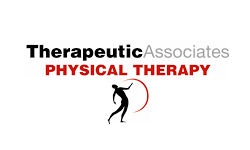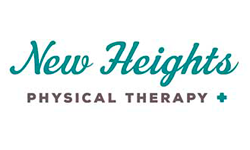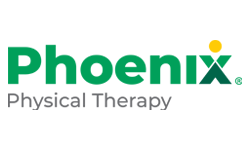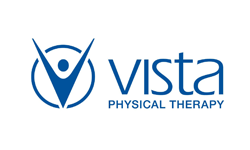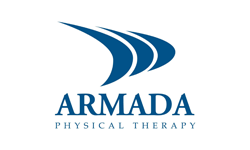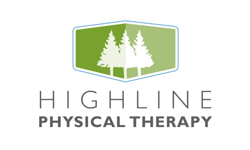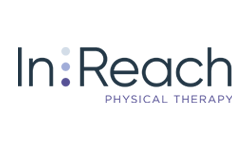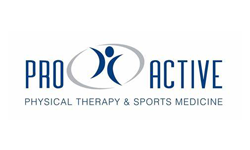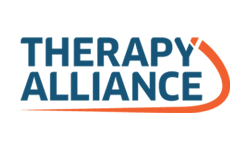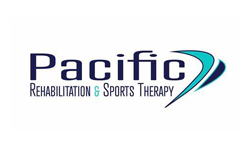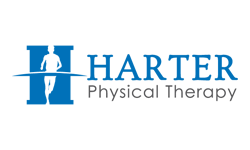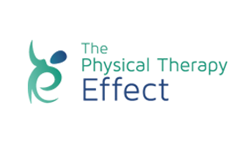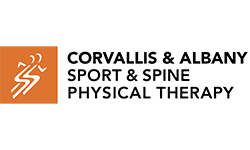As healthcare providers, our duty extends beyond just providing quality care to our patients. It is our responsibility to empower our patients so that they feel the confidence to be active participants in their own care. Empowered patients are informed about all aspects of their care and feel comfortable being partners in their care plan. In this blog, we’ll discuss why empowering our patients matters and the roles communication, encouragement, opportunity, autonomy, and support play in empowering patients.
Why Empowering Patients Matters
Patient empowerment allows your patients to have a stronger voice and a better understanding of the healthcare system. Empowered patients are able to better navigate the healthcare system, take on an active role in their recovery, be stronger advocates for themselves, and typically have better health outcomes. Empowering patients is a collaborative approach to healing that reminds patients that you are not just an isolated healthcare provider but an integral member of their care team and a partner in their healthcare journey.
Five Tenants of Empowerment in Health Care
Communication
Patients feel empowered when communication from their care providers is clear. Strong communication about treatments and care options allows patients to make informed decisions about their bodies and what is best for them. When there is a lack of communication between patients and healthcare providers, not only can tension build but important critical care information can be missed.
Encouragement
Encouraging your patients to be active participants in their care is a way to empower them. It can be easy for patients to feel intimidated by voicing their opinions about their care since they are not experts. However, encouraging your patients to find their voice and actively participate in their care by sharing their thoughts, concerns, and ideas with you is an important step toward empowerment.
Opportunity
Providing opportunities for your patients to share feedback with you is a great way to help them feel empowered. Whether it’s because of insurance, location, or specialization, switching healthcare providers if there is an issue isn’t always possible. This is why giving patients opportunities to provide feedback on their care can aid in patients feeling more confident in their care options and that there is room for adaptation.
Autonomy
Respecting patient autonomy is a critical component of high-quality patient care. Informed patients have more trust with their healthcare providers and are able to have stronger voices when it comes to their care. When patients feel empowered by their ability to contribute to decisions about their healthcare, they are more likely to be active participants in their care and adhere to all parts of their care plan, resulting in more successful treatment.
Support
There are both direct and general ways to provide support for patients. You can provide direct support to patients by doing just that, supporting them. All patient interactions and scenarios are different so some patients may need educational support to understand their condition while others may need a safe and accommodating environment. You can provide general support to your patients by being advocates for campaigns against discrimination or inequality in healthcare. Support for broad groups of patients helps not only to provide them with better quality healthcare but also helps them feel more empowered.




